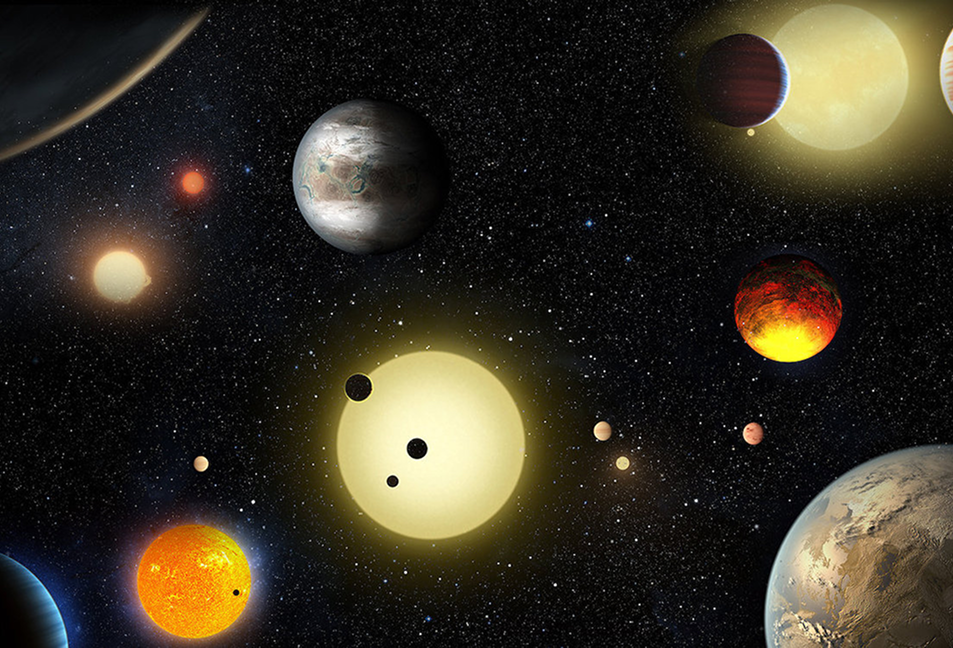Collaboration, missions and infrastructure
The UK participates in international space missions through instrument contributions, science teams and analysis centres. National observatories and academic consortia provide access to follow-up facilities, while partnerships with space agencies and industry help translate instrument concepts into flight hardware. In addition, growing commercial space activity—small-satellite platforms, advanced detector manufacturers and specialised engineering firms—expands the national capacity to build and field experiments relevant to exoplanet science, from cubesat constellations for stellar monitoring to pathfinder instruments testing novel coronagraphs.
Training, public engagement and ethics
Exoplanet research sits at the interface of curiosity-driven science and public imagination. UK universities train a new generation of astronomers, instrument scientists and data engineers, while outreach programmes bring discoveries—new worlds, exotic atmospheres and images of discs—to broad audiences. The community also engages with questions about the language and expectations around the search for life, emphasising rigorous standards and transparent communication to avoid sensationalism and to set realistic scientific goals.
Challenges and the near-term horizon
Key challenges include disentangling stellar noise from weak planetary signals, pushing instruments to detect smaller and cooler planets, and ensuring long-term, stable observations that reveal climate and seasonal behaviour on distant worlds. In the near term, UK science will focus on synergies between high-precision ground-based facilities and space missions, improving atmospheric retrievals for smaller planets, and developing technologies to suppress starlight more effectively. Mid-term goals include contributions to next-generation space telescopes and coordinated campaigns that combine radial-velocity mass measurements, transit spectroscopy and direct imaging to build holistic portraits of exoplanet systems.
Conclusion
The United Kingdom occupies a strategic position in exoplanet and space research: a mix of instrument-building heritage, theoretical depth and computational expertise allows British scientists to contribute across the full discovery pipeline—from designing detectors and satellites to interpreting molecular fingerprints in alien skies. As observational sensitivity improves and missions probe ever-fainter signals, the UK’s collaborative networks and technological skills will be essential for translating raw data into knowledge about how planets form, evolve and—perhaps—harbour life.

